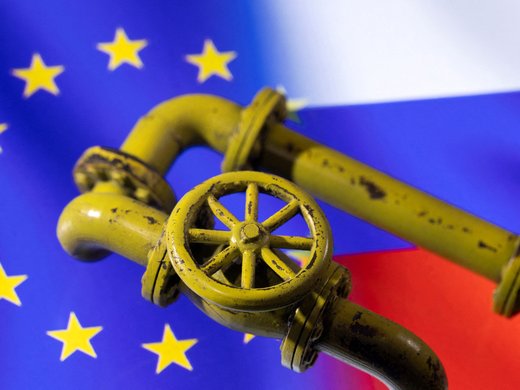The Scots are about to hold a referendum on independence. The Ukrainian government faces secessionist movements in its eastern regions. Iraqis and Syrians confront deep and murderous internal divisions.
All share in common a future of fragmentation or federalism. Federalism is better.
Democratic federal government, perhaps the greatest American invention, is an ingenious system that accommodates different communities within a single political space. It emerged in recognition that people living in Massachusetts had different interests and values from people living in Georgia, but that both would profit from granting a general government authority over matters of common interest.
Canadian federalism encompassed two peoples, the English and French, who had been at war in Europe for centuries but who somehow had to figure out how to live together in North America.
Indian federalism has allowed 1.3 billion people of different ethnicities and religions to get along in something approaching democratic harmony.
Speaking of the Canadian example, Jean Chretien wrote in his memoirs: “Federalism is more than a form of government. It’s also a system that allows different people in diverse communities to live and work together in harmony for the good of all.”
The genius of federalism is its adaptability. Malaysia is a very different federation from Belgium. But all successful federations share in common a respect for local differences. Federalism fosters a culture of accommodation. People who seem very unalike—Newfoundland fishers, pur laine Quebeckers, Empire Loyalists, Prairie farmers, recent immigrants from China, the Philippines, India and elsewhere — all celebrate their uniqueness while sharing a common bond.
The United Kingdom, in contrast, is a legislative union, although Westminster has already devolved limited powers to the government in Edinburgh. On Thursday, the restless Scots will vote on whether to leave the union completely. Panicking, the Cameron government has offered to hand over more powers, if only the Scots will vote to stay.
They should take the offer. Quebec in the past won new powers in the wake of No votes. (And other provinces acquired similar powers by piggy-backing on Quebec’s demands.) Healthy federalism is dynamic. A solid No accompanied by a new suite of rights and responsibilities is probably Scotland’s best option.
The situation in Ukraine is more difficult and more urgent. So estranged are Russian speakers in the East from Ukrainian-speakers in the West that thousands have died in an insurgency. And an overbearing Russia intends both to protect Ukrainian Russians and to limit Kiev’s freedom of action. To stay together, which is no sure thing, Ukraine will have to construct a federal system that offers the various oblasts, or regions, differing levels of autonomy. It’s called asymmetrical federalism and it works in Canada, with Quebec more autonomous than New Brunswick, each by choice.
The secret to success in democratic federalism is goodwill. All communities must recognize that if they are to maximize liberty, wealth and security then it is better that they live together than live apart. The tragedy of the Arab Middle East is that goodwill is a vanishingly rare commodity. Nonetheless, unless the various Sunni, Shiite and Kurdish communities can find ways of sharing a federal space, then their future will be as bloody as their past.
Not all federations work well. Just ask the Chechens how happy they are inside the Russian federation. Nonetheless, federalism offers people who would be better off living inside a community of communities a flexible, adaptive and respectful way of staying together.
And if the United Kingdom were to become a federation, with the Mother of Parliaments borrowing from her daughters, then wouldn’t that be something?


